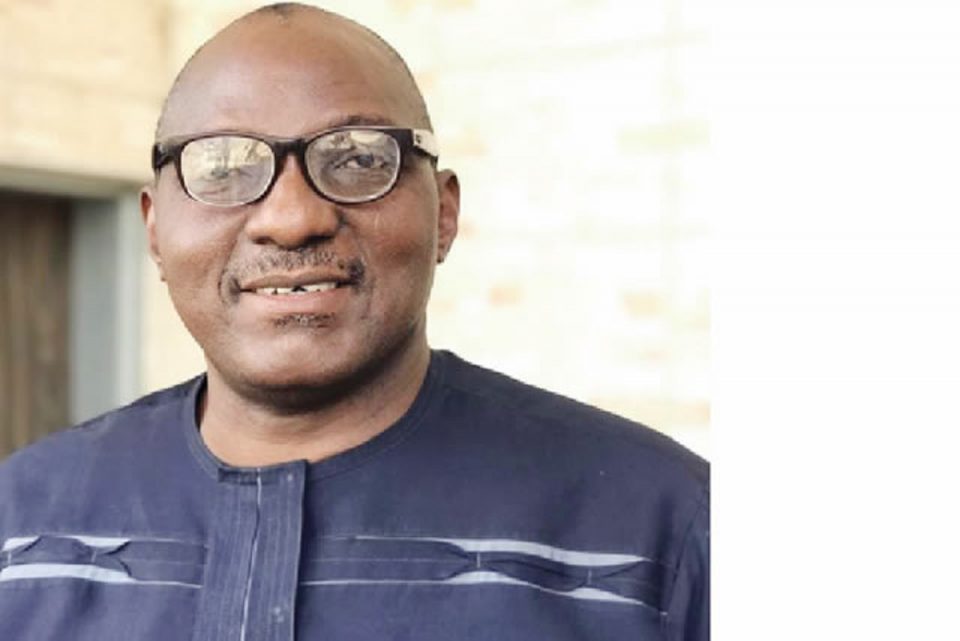The Chairman of the Buhari Media Organisation, Niyi Akinsiju, said Nigerians would expect people like former President Olusegun Obasanjo to behave like a statesman and not join a class of elites who complain because their selfish material interests were not being “serviced.”
Akinsiju said this while responding to comments attributed to the former Nigerian President, in Abuja, on Friday.
He said “ One would expect people like former President Obasanjo to behave like a statesman and not serve as a distraction.
“The Nigerian political elite complain just like he is doing now when their personal interests are not being serviced.
“President Muhammadu Buhari is doing what every sensible leader should do- put the interest of the majority of Nigerians first. Most of our fault lines which Obasanjo is taking about today are creations of the selfish interests of the elite which have no economic consequences. Most of our elite these fault lines to further their interests.”
He said elite from all tribes in Nigeria are responsible for the current state of affairs in the country. Akinsiju insisted that Buhari was moving Nigeria in the right direction.
Nigeria’s petrol deregulation threatens imports from Europe
Petrol imports from Europe to Nigeria may fall sharply following the deregulation of the price of petrol by the Federal Government, according to market watchers.
The demand-side impact of Nigeria’s decision to fully deregulate retail petrol prices may be modest in the near term but will likely be felt most acutely by European refiners, for whom Nigeria is a key export outlet, S&P Global Platts reported on Friday.
The Minister of State for Petroleum Resources, Timipre Sylva, said last week that the government had stopped fixing prices for petrol, adding that market forces and crude oil price would continue to determine the cost of petrol.
He said the Federal Government could no longer afford to fund petrol subsidy.
Last year, Nigeria spent about $4bn subsidising petrol sales which averaged about 300,000 barrels per day, according to S&P Global Platts Analytics.
Regional petrol traders were quoted as saying that in the near term, low refinery run rates across Europe could keep the current market balanced even if Nigeria’s petrol demand weakened as a result of higher pump prices.
“The petrol market continues to be strong because of refinery run cuts, so it should be OK with lower West African demand I think,” one trader in Northwest Europe was quoted as saying.
After falling sharply in April and May, petrol exports from Northwest Europe to Nigeria have increased from 1.32 million barrels in April to 8.11 million barrels in August, according to data intelligence company Kpler.
Kpler expects, however, a further sharp fall in Northwest Europe petrol exports to Nigeria in September, to 2.12 million barrels, around 75 per cent down on the month and 60 per cent lower on the year.
Nigeria, which produces up to two million bpd of oil, including condensates, imports almost all of the petrol it consumes, estimated at 1.25 million metric tonnes per month, due to the poor performance of its four state-owned refineries.
Nigeria first announced it plans to end its long-running petrol subsidies in March, citing a sharp decline in revenues on the back of lower crude oil production and weaker global oil prices due to the COVID-19 pandemic.




